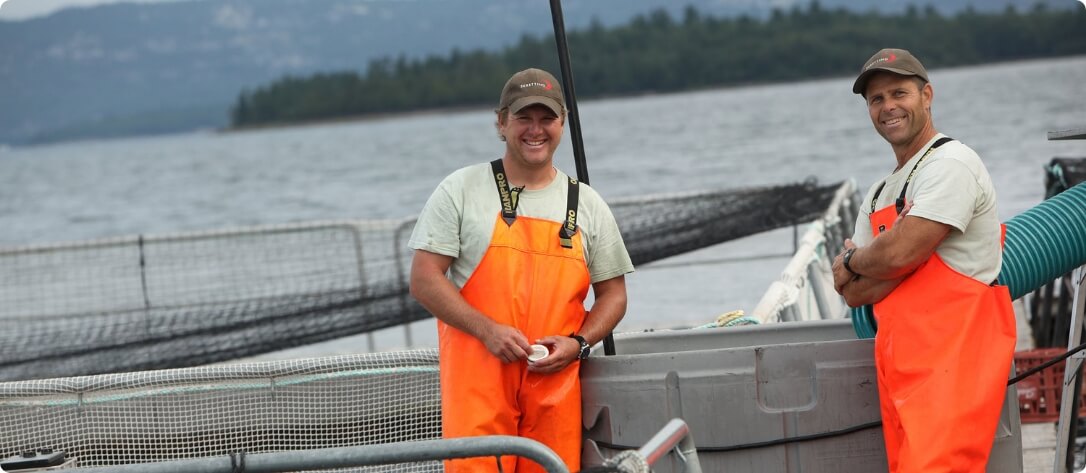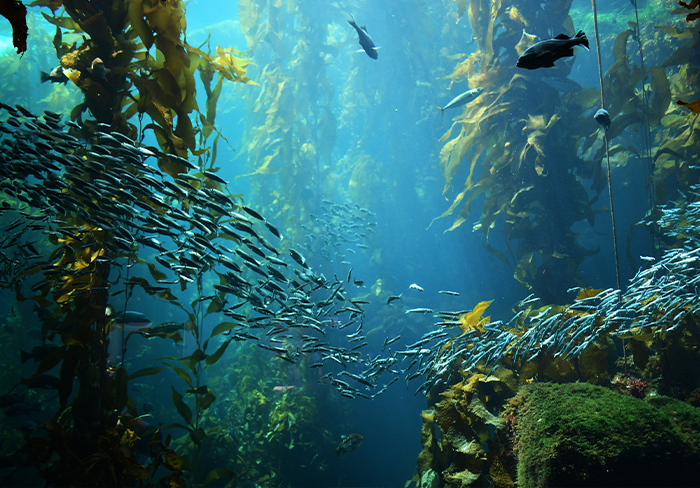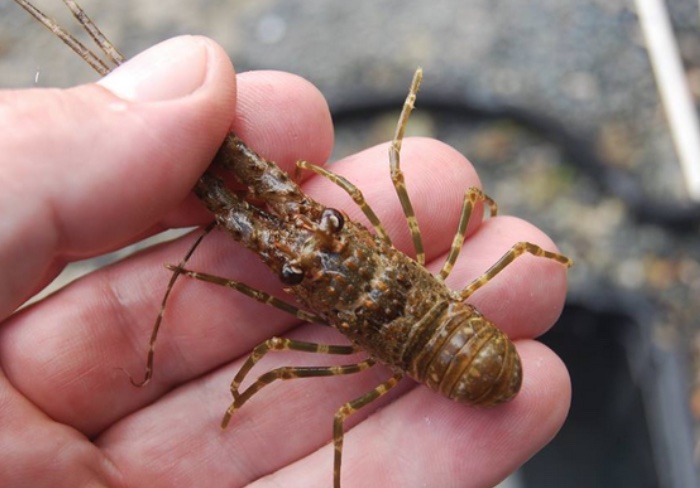
How many people do you need to start an aquaculture business? I thought long and hard about this question and concluded that, as a bare minimum, you need four full-time people.
This number assumes two things. First, that you are running a small-scale aquaculture business. And second that, as the expert aquaculture investor, you also act as the operator and bookkeeper.
The additional three roles depend on what skills you have. You need to assess your own knowledge, and populate that skills you do not have.
If you have no industry specific experience, or if you do and don’t have the time to manage an additional job, you will need a feed technician, a data analyst, and someone who prepares the stock for sale.
The Role of a Feed Technician
The feed technician is responsible for feeding the fish. If you are using an off-the-shelf pelletized diet, the feed technician doesn't need any experience. They need to be incredibly reliable, timeous, and have a strong interest in animal welfare.
If you are not using a pelletized diet, you will need a nutritionist or someone with a degree in food science. Depending on the number of animals you have, they may also be able to distribute the food, or you may need an additional person to help.
The Role of a Data Analyst
Every element of an aquaculture business needs to be continually monitored in order to be successful.
A data analyst ensures every process is optimized, from cleaning to feeding. But more importantly, they ensure nothing goes wrong.
If the nitrate levels in the water rise unexpectedly, the stock could die overnight. The data analyst's primary job is to provide the team with the information to ensure this does not happen.
The Role of Preparation and Sales
Finally, you need someone who manages the preparation and sale of the stock.
They prepare the stock and connect with the customers to ensure the stock is where it is meant to be when it is meant to be there.
My belief is that every stage of the stock's life should be as good as possible, and the stock should be treated with absolute care.
The right person will have the stock's wellbeing first and foremost in their operations.
Contracting Roles
Outside of these full-time roles, there are a variety of part-time roles that may need to be filled.
You will need a plumber to set up the system, and you may need an electrician to work side by side with them during set-up. If you are using technology that is not commercially available, you will need an engineer and a fabricator to create and install that technology.
For a small start-up aquaculture business, it is better to contract these roles to reduce the initial cost. As the business grows, you will need more in-house skills to become more profitable.
Tips for Recruiting in Aquaculture
When I first invested in aquaculture, I thought I could just employ a group of people who had experience and knowledge of the industry. I quickly realized this was impossible.
Aquaculture is a relatively new industry, meaning there are very few people who have actual experience, and most of those who do already own their own business.
After quite a bit of trial and error, I discovered the best way to find employees. Unlike in many other industries where experience is key, in aquaculture knowledge is key.
So, I recommend partnering with the marine biology department in an educational facility. You can then hire recent graduates and train them up on the job.
Although training is time-consuming, it is the best way to populate your new aquaculture business. As the business grows, the people you trained at the start, will be able to train new hires, and so on. Training is a brilliant investment in any business, but especially in aquaculture.

 Giles Cadman
Giles Cadman 

